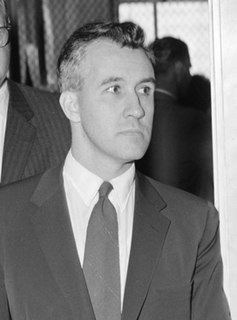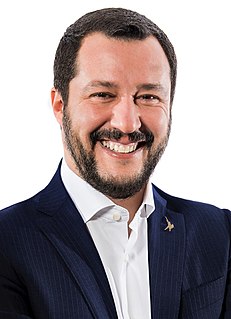A Quote by Robert Gilpin
A market is not politically neutral; its existence creates economic power which one actor can use against another.
Related Quotes
Indeed, it is impossible to be neutral. In a world already moving in certain directions, where wealth and power are already distributed in certain ways, neutrality means accepting the way things are now. It is a world of clashing interests ? war against peace, nationalism against internationalism, equality against greed, and democracy against elitism ? and it seems to me both impossible and undesirable to be neutral in those conflicts.
Some people continue to defend trickle-down theories which assume that economic growth, encouraged by a free market, will inevitably succeed in bringing about greater justice and inclusiveness in the world. This opinion, which has never been confirmed by the facts, expresses a crude and naive trust in the goodness of those wielding economic power and in the sacralized workings of the prevailing economic system.
It is true that some have greater power of resistance than others, but everyone has the power to close his heart against doubt, against darkness, against unbelief, against anger, against hatred, against jealousy, against malice, against envy. God has given this power unto all of us, and we can gain still greater power by calling upon Him for that which we lack. If it were not so, how could we be condemned for giving way to wrong influences?
The ultimate consequences of the individualist spirit in economic life are those which you yourselves, Venerable Brethren and Beloved Children, see and deplore: Free competition has destroyed itself; economic dictatorship has supplanted the free market; unbridled ambition for power has likewise succeeded greed for gain; all economic life has become tragically hard, inexorable, and cruel.
But the poor person does not exist as an inescapable fact of destiny. His or her existence is not politically neutral, and it is not ethically innocent. The poor are a by-product of the system in which we live and for which we are responsible. They are marginalized by our social and cultural world. They are the oppressed, exploited proletariat, robbed of the fruit of their labor and despoiled of their humanity. Hence the poverty of the poor is not a call to generous relief action, but a demand that we go and build a different social order.
Let no one ever shy away from the claim that Jews have power, that Jews have influence. We have learned the terrible lesson of history; that unless we have influence and power, disproportionate to our small numbers - immoral results will occur. We need power. And we must continue to use our power. Power which we earned, power which no one gave us on a silver platter, power which we worked hard for - use that power in the interests of justice.
The switch to the market in Eastern Europe, of course, has not exactly been one of the greatest advertisements for the market. There's no question the socialist system - and I hate to use the word 'socialist,' but I suppose some description of a system in which the state is in control - was breaking down, really collapsing. In these countries, most markedly in Russia itself and in a number of the others, it obviously was based on a tyranny, which is unacceptable even if it were producing good economic results, which it was not.
Buddhas have a strength which is not of this world. Their strength is totally of love... Like a rose flower or a dewdrop. Their strength is very fragile, vulnerable. Their strength is the strength of life not of death. Their power is not of that which kills; their power is of that which creates. Their power is not of violence, aggression; their power is that of compassion.




































